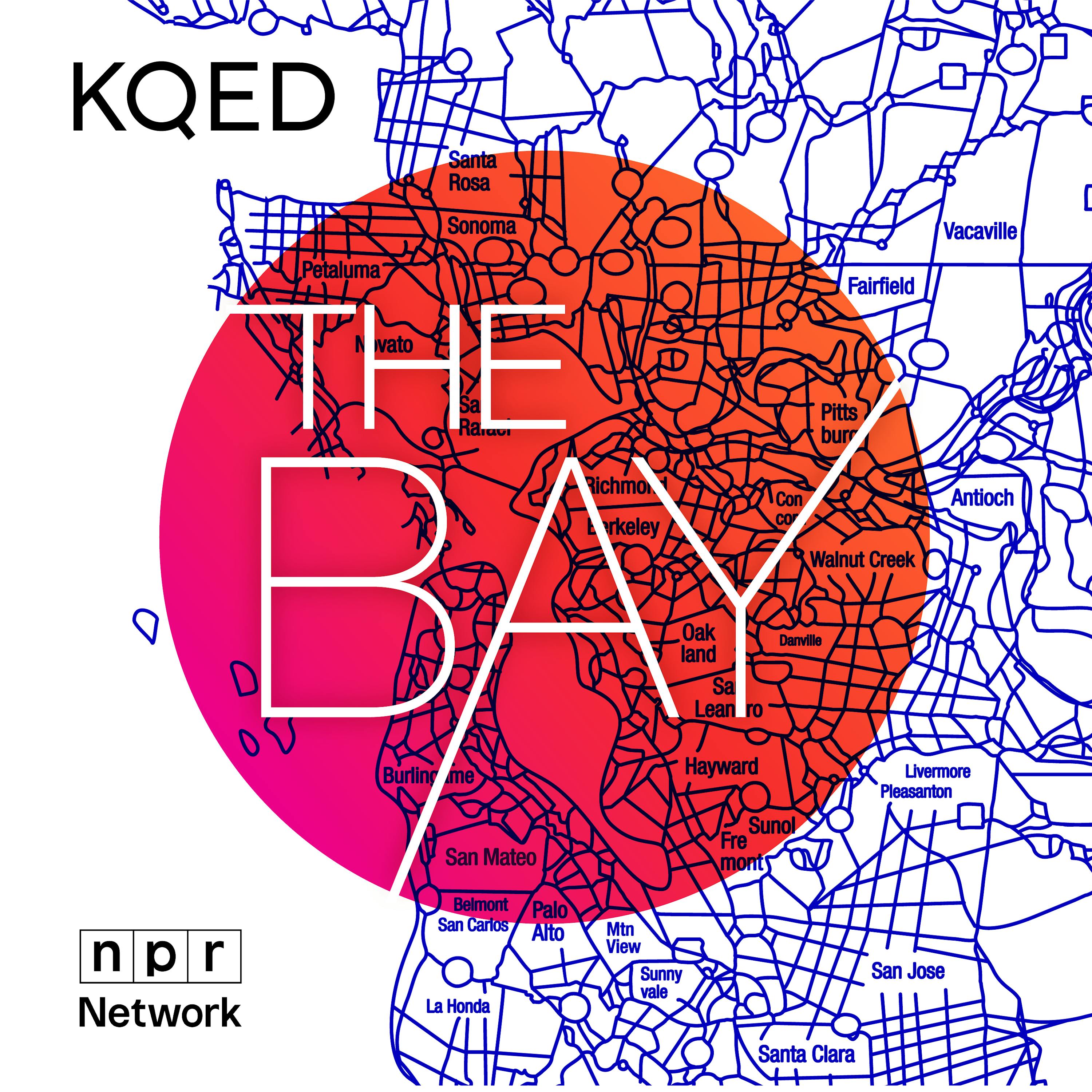

The Bay
KQED
Bay Area-raised host Ericka Cruz Guevarra talks with local journalists about what’s happening in the greatest region in the country. It’s the context and analysis you need to make sense of the news, with help from the people who know it best. New episodes drop Monday, Wednesday, and Friday mornings.
Episodes
Mentioned books

Mar 27, 2020 • 14min
Tracking the Latest Chapter of Anti-Asian Racism in America
Asians and Asian-Americans are being harassed by people who think looking Chinese means you have the coronavirus. Three California organizations have created a tracker in order to document these incidences, and now they're receiving nearly 100 a day.
Guest: Professor Russel Jeung, Chair of Asian American Studies at San Francisco State University Learn more about your ad choices. Visit megaphone.fm/adchoices

Mar 25, 2020 • 14min
‘The Rest of Our Season Got Canceled’
Students may be taking online classes, but their extracurriculars have been canceled. Learn more about your ad choices. Visit megaphone.fm/adchoices

Mar 23, 2020 • 13min
The Bay Area Photojournalist Taking Portraits From a Distance
Jessica Christian wants to take photos of where the people are. Learn more about your ad choices. Visit megaphone.fm/adchoices

Mar 20, 2020 • 17min
Even Before the Coronavirus, Working Class People Were Barely Getting By
The new coronavirus is highlighting just how precarious life has been for many workers and contractors. Learn more about your ad choices. Visit megaphone.fm/adchoices

Mar 18, 2020 • 14min
When People Can’t Go to Their Houses of Worship
Religious communities are trying to stay connected while also staying safe from the coronavirus. Learn more about your ad choices. Visit megaphone.fm/adchoices

Mar 16, 2020 • 15min
Will Daly City’s Only Hospital Survive?
Seton Medical Center is in financial trouble. But closing the hospital could put many vulnerable people at risk. Learn more about your ad choices. Visit megaphone.fm/adchoices

Mar 13, 2020 • 17min
Don’t Panic: Your Questions Answered About the Coronavirus in the Bay Area
News about the coronavirus in the Bay Area is changing every day. Schools are closing, white collar workers are working from home and officials are trying to keep up. It can be overwhelming to know what to do and how to plan.
Our KQED colleagues have been working around the clock to bring us up-to-date information about the coronavirus, including our friends over at Bay Curious. They've answered some questions and concerns that listeners submitted, and today we're sharing that episode with you.
Get the latest coronavirus updates in the Bay Area here. And read more audience questions about COVID-19 here. Learn more about your ad choices. Visit megaphone.fm/adchoices

Mar 11, 2020 • 15min
Working From Home? Not an Option for Gig Workers
Lots of workers, including gig workers, can't work from home to stay safe during the coronavirus outbreak. Learn more about your ad choices. Visit megaphone.fm/adchoices

Mar 9, 2020 • 11min
The ‘Disease Detectives’ Tracing the Spread of the Coronavirus
Reported cases of the new coronavirus are increasing, and it's up to public health officials to try and figure out where those cases came from. Learn more about your ad choices. Visit megaphone.fm/adchoices

Mar 6, 2020 • 21min
The Bay’s Birthday Field Trip
To celebrate The Bay turning two, the team went on a little field trip. Learn more about your ad choices. Visit megaphone.fm/adchoices


